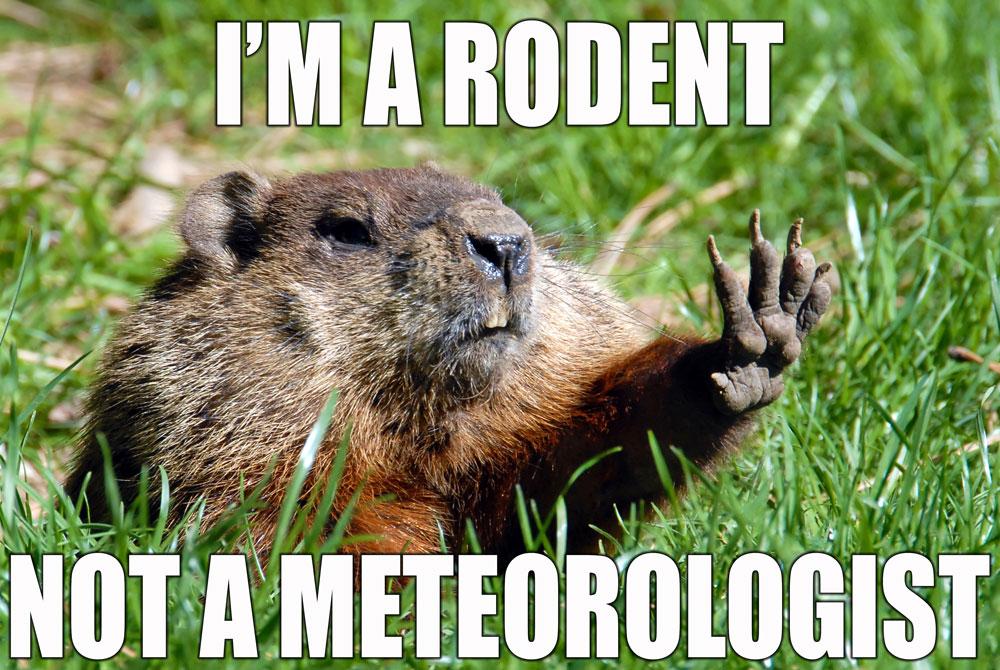
Date:
As Environmental Scientist at The Franklin Institute, part of my job is to find ways to help the public separate fact from fiction when it comes to climate science. The task is not always easy: the study of our changing climate is complicated, and is constantly evolving as we learn more and more about our remarkable planet.
This Groundhog Day, we all eagerly awoke to the news that Punxsutawney Phil did indeed see his shadow. GASP, SIX MORE WEEKS OF WINTER! Not so fast… based on his track record, our beloved Phil isn’t the meteorologist we all hope him to be.
With its ties to weather and climate, Groundhog Day presents the perfect opportunity to single out a popular fictitious claim used to attack climate change science.
Fiction: “There is no scientific consensus around anthropogenic (human-caused) climate change.”
Fact: The overwhelming majority of publishing climate scientists agree that anthropogenic climate change is happening. By “overwhelming majority,” I’m referring to 97 out of every 100 climate scientists, or 97%.
This Groundhog Day, as ever, follow The Franklin Institute to see what credible (and incredible!) science is actually happening on our planet -- and beyond.


